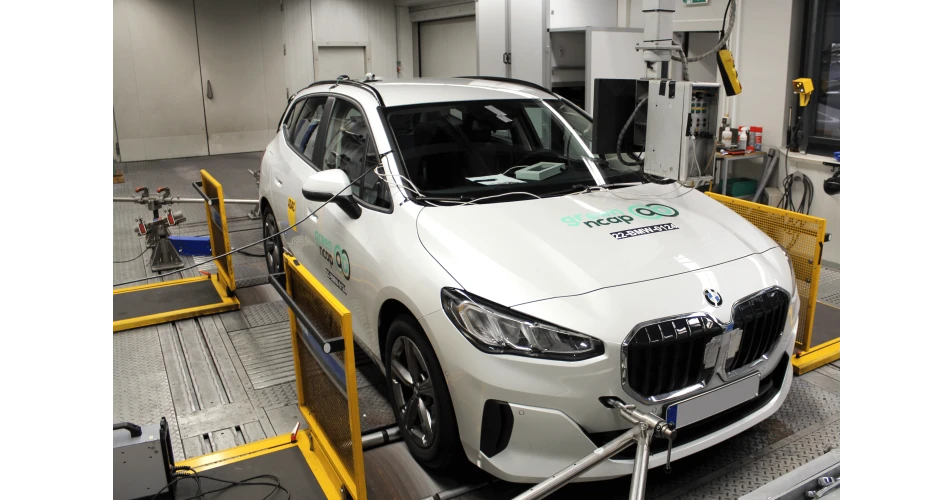Green NCAP has released the results of the Life Cycle Assessment of greenhouse gas emissions and primary energy demand of the cars tested in 2022.
The environmental vehicle assessment organisation tested 34 cars with different powertrain types: battery electric, hybrid electric, conventional petrol and diesel, and one vehicle, the Ford Puma, that runs on alternative fuel.
The Life Cycle Assessment (LCA) calculations used the interactive Life Cycle Assessment tool that is available for consumers on Green NCAP’s website. The calculations are made based on the average energy mix of the 27 EU Member States and the UK, and an average mileage of 240,000 km over 16 years.
The results show that the current and continuous trend towards larger and heavier cars, significantly increases the negative impact on climate and energy demand. This drives not only a rise in fuel and electric energy consumption, but also creates a wider footprint in vehicle and battery production. Consumers and manufacturers also share the burden for this trend given their steady interest in larger cars, in particular SUVs, as their vehicle of choice.
These calculations show the considerable differences between each car’s impact on the environment, but they also reveal the significant influence of mass on greenhouse gas emissions and primary energy demand. The overlying message is clear, the heavier the vehicle, the more harm it does to the environment and the extra energy required to drive the car. In general, battery electric vehicles emit significantly less greenhouse gases over their lifetime, but some of the gains are lost due to their increased weight.
Green NCAP say that electric vehicles and electrification in general offer huge potential in reducing greenhouse gases, but the ever-increasing trend of heavier vehicles diminishes this prospect. To counteract this, Green NCAP calls on manufacturers to reduce the mass of their products and calls on consumers to make purchasing decisions that not only consider the powertrain of their new cars, but also consider their weight.
Aleksandar Damyanov, Green NCAP’s Technical Manager says, “Higher mass is a major factor in the environmental impact of vehicle production. Based on today’s estimates, a net mass increase of 100 kg potentially results in an additional 500‑650 kg of GHG emissions and 1.9‑2.4 MWh of energy demand in vehicle production. Over the last ten years, the average weight of vehicles sold has increased by about 9% or around 100 kg. Considering the impact of weight on consumption and on GHG and PED for production, for a compact family car, the 100 kg average increase in weight is responsible for about 1.4 tonnes of additional greenhouse gas emissions and 5.7 MWh of extra energy used. According to the European Automobile Manufacturers’ Association (ACEA), in 2022, 9.3 million vehicles were sold, out of which 12.2% were battery electric. This leads to a revealing calculation – assuming eight million vehicles are on average 100 kg heavier, the impact of this weight increase on the climate is the equivalent of about 200,000 extra cars on European roads.”
 Green NCAP highlights why car size matters
Green NCAP highlights why car size matters